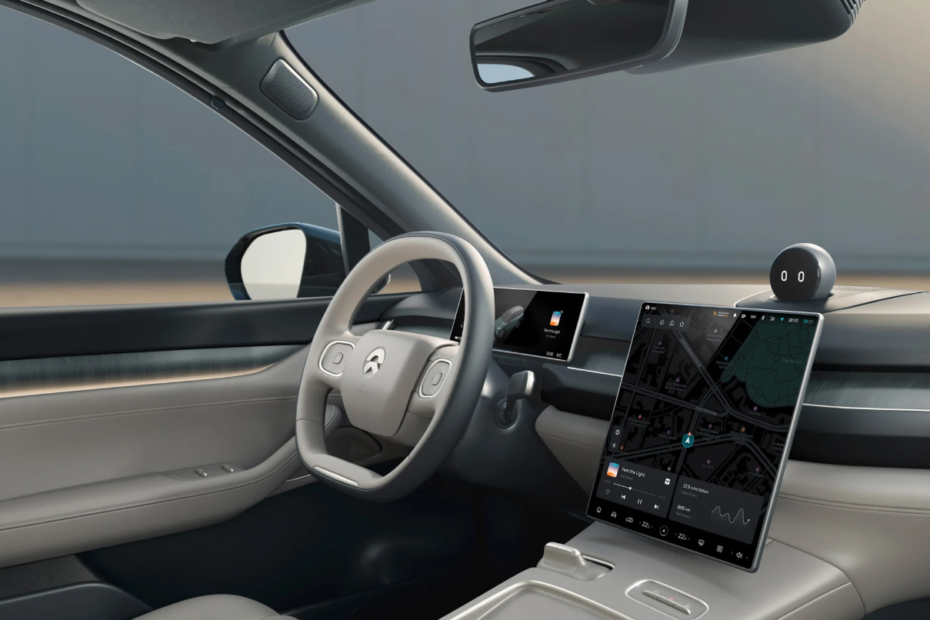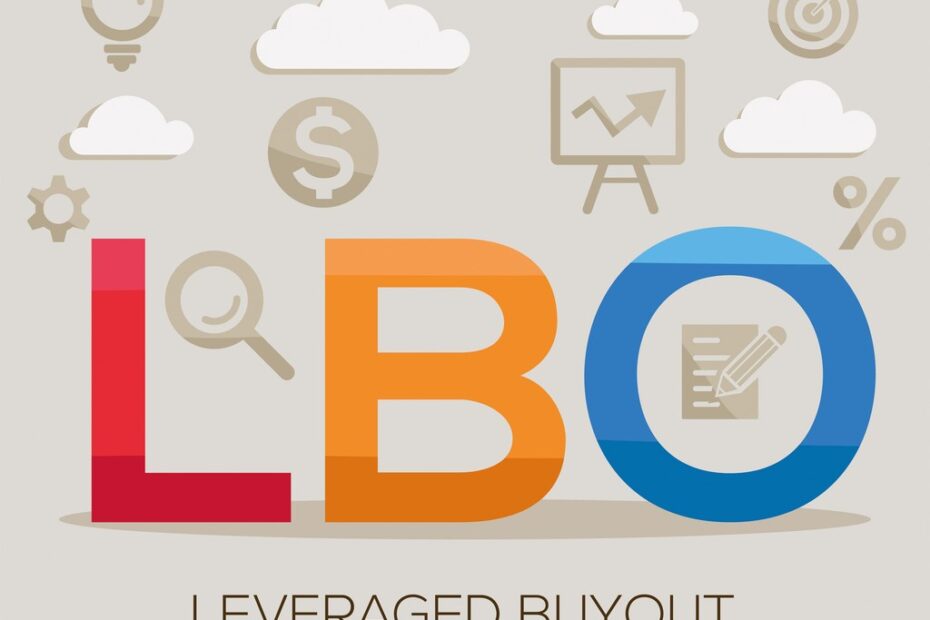Will Quantum Computing Eliminate Privacy?
By Ron Wilson
What’s at stake:
In the near future, quantum computers may be able to decrypt any data protected by public-key cryptography — effectively eliminating privacy and security from the global digital world. Can we prevent it?
There is growing discussion among the information-technology community of post-quantum, or quantum-safe, cryptography. Recently the discussion has surfaced in the semiconductor industry as well, with at least two semiconductor IP announcements: from university spin-off PQShield, and from security veteran Rambus. So what is post-quantum cryptography? Why should we care? And if we should, why now?
Read More »Will Quantum Computing Eliminate Privacy?









